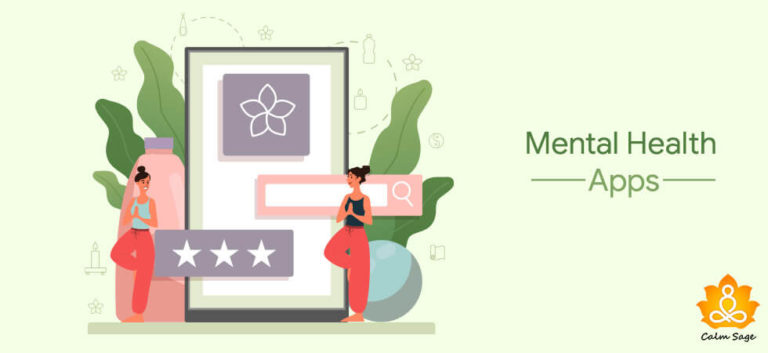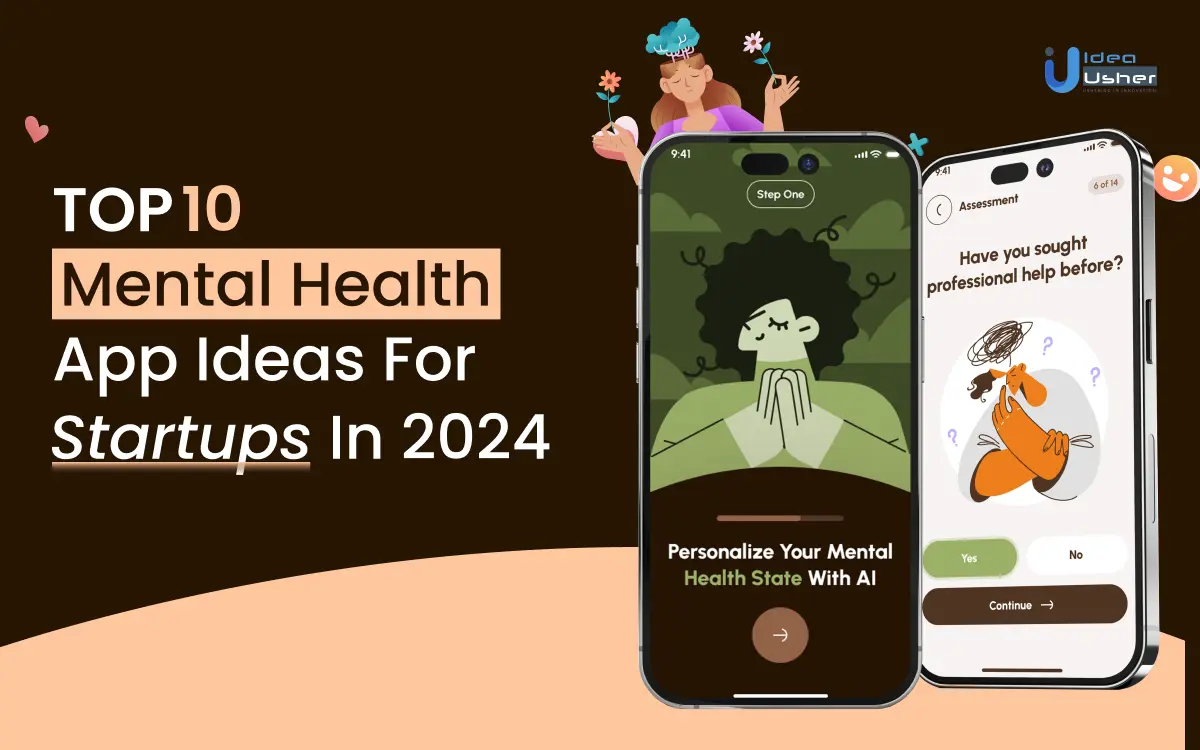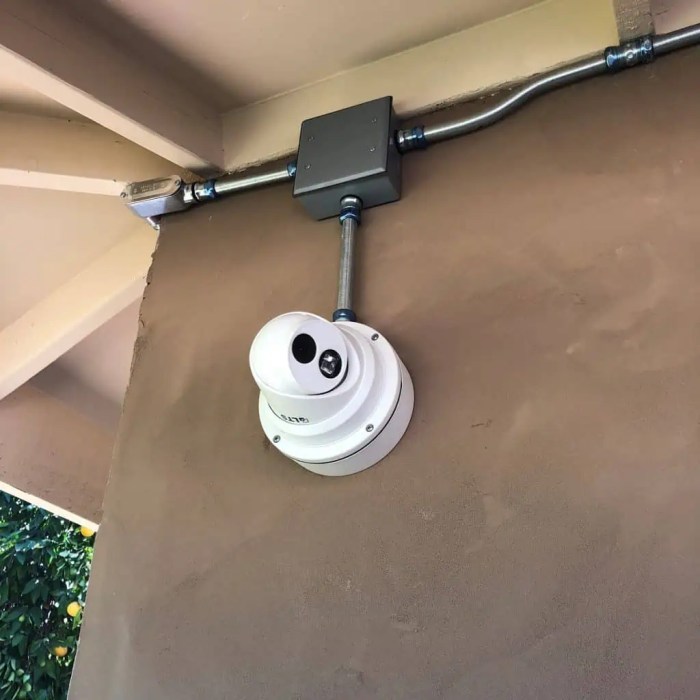Top mental health apps to try in 2025: A Comprehensive Guide
Embark on a journey exploring the top mental health apps to try in 2025, where technology meets wellness in innovative ways. Discover how these apps are revolutionizing the mental health landscape and empowering users to prioritize their well-being like never before.
Delve into the realm of mental health apps and unlock a world of possibilities for enhancing mindfulness, managing stress, and promoting overall mental wellness.
Criteria for Selecting Top Mental Health Apps

When choosing mental health apps, it is essential to consider various factors to ensure that you are selecting the most effective and reliable option for your needs.
Importance of User Reviews and Ratings
User reviews and ratings play a crucial role in the selection process of mental health apps. They provide valuable insights into the user experience, effectiveness of the app, and overall satisfaction levels. By reading reviews and checking ratings, you can get a better understanding of how the app has helped others and decide if it aligns with your goals and expectations.
Significance of Evidence-Based Practices
It is important to choose mental health apps that are developed based on evidence-based practices. These practices are supported by scientific research and clinical studies, ensuring that the app's features and interventions are effective in managing mental health conditions. Look for apps that mention evidence-based approaches in their descriptions or have been endorsed by mental health professionals.
Comparison of Privacy Policies
Privacy policies are another crucial factor to consider when selecting mental health apps. It is essential to ensure that your data and personal information are protected and not shared with third parties without your consent. Compare the privacy policies of different apps to see how they handle user data, encryption measures, and data storage practices.
A transparent and secure privacy policy can help build trust with users and ensure the confidentiality of sensitive information.
Current Trends in Mental Health Apps

Mental health apps have seen significant advancements in recent years, with several emerging trends shaping the landscape of digital mental health technology.
Integration of AI/ML Features
The integration of Artificial Intelligence (AI) and Machine Learning (ML) features in mental health apps is becoming more prevalent. These technologies enable apps to provide personalized recommendations, predictive analytics, and real-time monitoring of mental health conditions.
Impact of Gamification
Gamification has had a positive impact on user engagement and mental health outcomes in apps. By incorporating game-like elements such as rewards, challenges, and progress tracking, users are more motivated to engage with the app regularly and stay committed to their mental health goals.
Role of Wearable Technology
Wearable technology, such as smartwatches and fitness trackers, is increasingly being used to monitor mental health through apps. These devices can track various physiological parameters like heart rate, sleep patterns, and stress levels, providing valuable data for assessing and managing mental well-being.
Popular Mental Health Apps in 2025
In 2025, the landscape of mental health apps has evolved significantly, with a wide range of options available to users. These apps offer various features and functionalities to cater to different mental health needs, making it easier for individuals to access support and resources conveniently.
Let's explore some of the top mental health apps based on user downloads, unique features, pricing models, accessibility, and user feedback.
1. Mindfulness Master
- Mindfulness Master is a popular app known for its guided meditation sessions and relaxation techniques.
- Unique Features: Offers personalized meditation tracks based on user preferences, breathing exercises, and stress-relief techniques.
- Pricing Model: Freemium model with basic features available for free and premium content for a subscription fee.
- Accessibility: Available on both iOS and Android devices, with user-friendly interface and customizable settings.
- User Feedback: Users praise the app for its calming effects, easy-to-follow sessions, and positive impact on mental well-being.
2. Mood Tracker Plus
- Mood Tracker Plus helps users monitor their emotions, track mood patterns, and identify triggers.
- Unique Features: Mood journal, customizable mood tags, daily insights, and goal-setting tools for mental health improvement.
- Pricing Model: Free to download with in-app purchases for premium features and personalized recommendations.
- Accessibility: Cross-platform compatibility, secure data encryption, and seamless synchronization across devices.
- User Feedback: Users appreciate the app's user-friendly interface, data visualization tools, and actionable insights for emotional well-being.
3. Therapy Chatbot Pro
- Therapy Chatbot Pro offers virtual therapy sessions, cognitive behavioral therapy (CBT) exercises, and emotional support.
- Unique Features: AI-powered chatbot for 24/7 support, mood tracking, journaling prompts, and coping strategies for anxiety and depression.
- Pricing Model: Subscription-based service with tiered pricing plans for different levels of therapy and support.
- Accessibility: Confidential and anonymous platform, real-time responses, and progress tracking tools for users.
- User Feedback: Positive reviews highlight the app's convenience, instant support, and personalized therapy approach for mental health management.
Future Innovations in Mental Health Apps

As technology continues to advance, the landscape of mental health apps is expected to undergo significant changes by 2025. These innovations have the potential to revolutionize the way individuals access and engage with mental health services, making support more personalized, accessible, and effective.
Virtual Reality Therapy in Mental Health Apps
Virtual reality therapy is a cutting-edge approach that is gaining traction in the mental health field. By immersing individuals in realistic, interactive environments, VR therapy can provide a unique platform for exposure therapy, relaxation techniques, and mindfulness practices. This immersive experience has the potential to enhance traditional therapy methods and improve outcomes for individuals with various mental health conditions.
Incorporation of Telemedicine Services
The integration of telemedicine services within mental health apps is poised to increase access to care for individuals in remote areas or those with mobility limitations. Through video consultations with mental health professionals, users can receive real-time support, therapy sessions, and medication management from the comfort of their own homes.
This convenience can help bridge the gap in mental health services and ensure that more individuals receive the care they need.
Personalized Treatment Plans Generated by AI Algorithms
AI algorithms have the capability to analyze vast amounts of data to generate personalized treatment plans for individuals based on their unique needs and preferences. By leveraging machine learning and predictive analytics, mental health apps can offer tailored interventions, coping strategies, and self-care recommendations.
This personalized approach has the potential to enhance treatment outcomes, improve engagement, and empower individuals to take an active role in managing their mental health.
Closing Notes
In conclusion, the future of mental health apps is bright and promising, offering a plethora of tools and resources to support individuals on their mental health journey. Embrace the power of technology in fostering mental well-being and take charge of your mental health with these cutting-edge apps.
Clarifying Questions
What factors should I consider when selecting a mental health app?
When choosing a mental health app, consider factors such as user reviews, evidence-based practices, privacy policies, and overall user satisfaction to ensure you find the right fit for your needs.
How do mental health apps integrate AI features?
Mental health apps integrate AI features by providing personalized insights, recommendations, and support based on user interactions and data, enhancing the user experience and outcomes.
Which mental health apps are most popular in 2025?
The top mental health apps in 2025 are those with high user downloads, unique features catering to various mental health needs, accessible pricing models, and positive user feedback, such as [List of top apps].
What future innovations can we expect in mental health apps by 2025?
By 2025, mental health apps may evolve to incorporate virtual reality therapy, telemedicine services, and personalized treatment plans generated by AI algorithms, offering advanced solutions for mental well-being.




